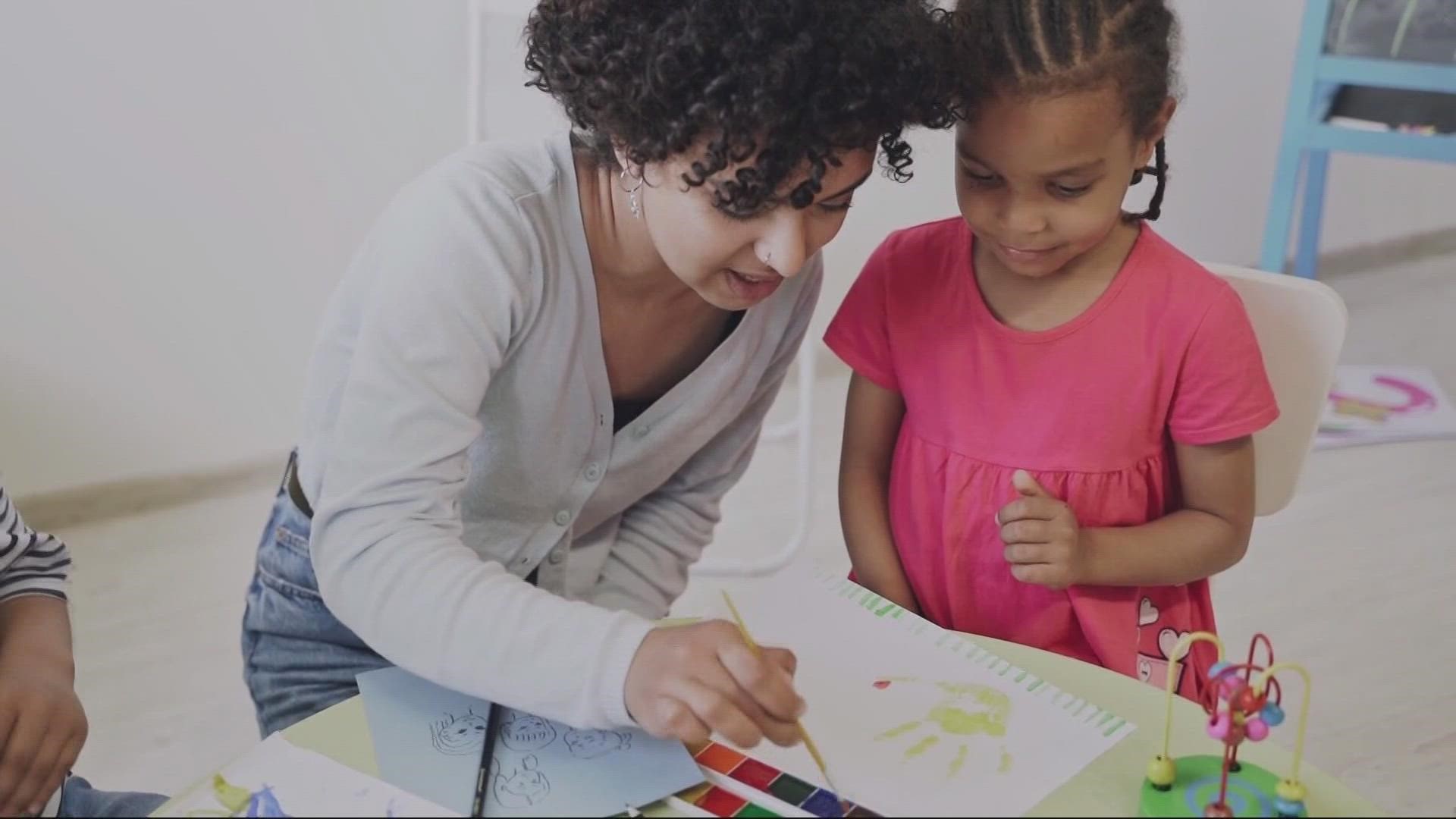ONTARIO, Ore. — After the last couple of years, there is no better time to talk about ways to build resilience — not only among adults but also the youngest children.
For many, the pandemic has been traumatic on a number of levels. But it’s not just the pandemic that can cause trauma in a child’s life. That’s why there are people who are committed to helping kids build resilience.
Barbara Brody is one of those people. She is an associate professor of practice for Oregon State University's Malheur County Extension and mainly works with teachers to share ways they can promote resiliency in their students, particularly the youngest kids up to second grade, who have experienced trauma.
She said her community in particular could use more people with knowledge of how to help kids build resilience. Brody said Malheur County has a high rate of childhood poverty, which comes with other issues that may cause trauma, like food insecurity or lack of jobs.
“Throughout our lives we can learn resiliency, but it takes a coordinated effort by numerous supports,” said Brody.
The Oregon State Science Pub on Monday, April 11th is from 6 p.m. to 7:30 p.m. The free, online event may help educators and families develop those supports for young children. It is meant to help teachers and parents nurture resiliency in kids and will be broadcast on YouTube Live. Registration is required.
“Really getting the word out about resiliency is one of the outcomes of the Science Pub,” Brody said.
Dr. Shannon Lipscomb, who is an associate professor of human development and family sciences for OSU Cascades, will accompany Brody in leading the discussion. Brody said, among many other things, they will go over mindfulness and how to positively interact with a child in ways that encourage resilience.
“Do you use supportive or encouraging words, appropriate eye contact,” said Brody.
While she said the research and real-world application that she and her colleagues have been involved in is generally geared toward helping educators build resiliency in young children, adults can find techniques like mindfulness useful in their own lives as well.
“I think everybody could apply it,” Brody said.
Brody said that over the last two years, she and Lipscomb have working with Dr. Megan Pratt, an assistant professor of practice at OSU, on research and delivering that research into the community so it can be utilized in a practical way.

